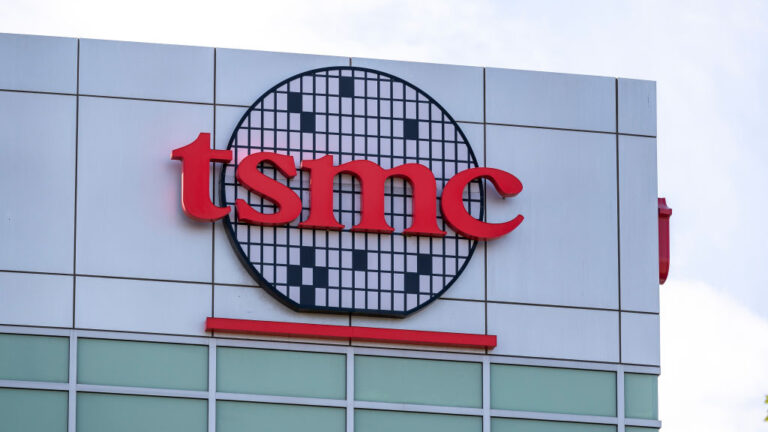
In April, TSMC was provided with $6.6 billion in direct CHIPS Act funding to “support TSMC’s investment of more than $65 billion in three greenfield leading-edge fabs in Phoenix, Arizona, which will manufacture the world’s most advanced semiconductors,” the Department of Commerce said.
These investments are key to the Biden-Harris administration’s mission of strengthening “economic and national security by providing a reliable domestic supply of the chips that will underpin the future economy, powering the AI boom and other fast-growing industries like consumer electronics, automotive, Internet of Things, and high-performance computing,” the department noted. And in particular, the funding will help America “maintain our competitive edge” in artificial intelligence, the department said.
It likely wouldn’t make sense to prop TSMC up to help the US “onshore the critical hardware manufacturing capabilities that underpin AI’s deep language learning algorithms and inferencing techniques,” to then limit access to US-made tech. TSMC’s Arizona fabs are supposed to support companies like Apple, Nvidia, and Qualcomm and enable them to “compete effectively,” the Department of Commerce said.
Currently, it’s unclear where the US probe into TSMC will go or whether a damaging finding could potentially impact TSMC’s CHIPS funding.
Last fall, the Department of Commerce published a final rule, though, designed to “prevent CHIPS funds from being used to directly or indirectly benefit foreign countries of concern,” such as China.
If the US suspected that TSMC was aiding Huawei’s AI chip manufacturing, the company could be perceived as avoiding CHIPS guardrails prohibiting TSMC from “knowingly engaging in any joint research or technology licensing effort with a foreign entity of concern that relates to a technology or product that raises national security concerns.”
Violating this “technology clawback” provision of the final rule risks “the full amount” of CHIPS Act funding being “recovered” by the Department of Commerce. That outcome seems unlikely, though, given that TSMC has been awarded more funding than any other recipient apart from Intel.
The Department of Commerce declined Ars’ request to comment on whether TSMC’s CHIPS Act funding could be impacted by their reported probe.